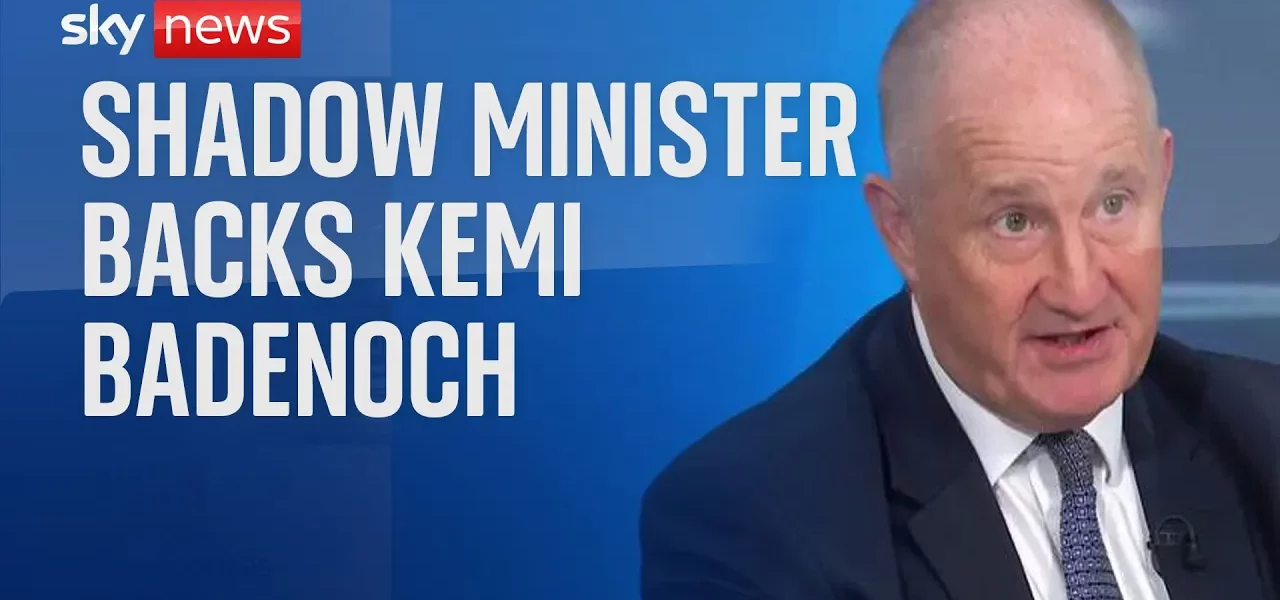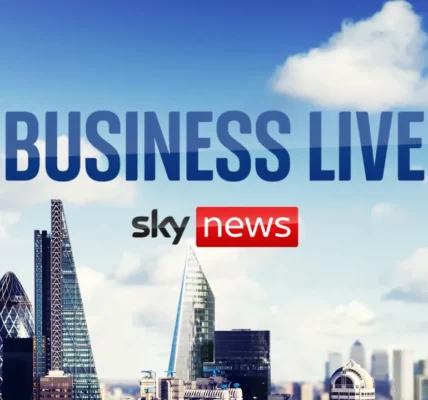Political Race Analysis: Kemy B and Rob Jri in the Spotlight

This article delves into the recent political contest that has narrowed down to two formidable candidates, Kemy B and Rob Jri. We explore the dynamics of the race, the implications of their policies, and the overall impact on business and public sentiment.
Introduction
The recent political race has culminated in a tightly contested battle between Kemy B and Rob Jri, leaving many analysts and voters on the edge of their seats. With only a handful of votes separating the candidates, the competition has highlighted significant divides in party support and voter sentiment. This article aims to unpack the key moments of the contest, the candidates’ positions, and what their potential leadership could mean for the UK’s political landscape and business confidence.
The Candidates: Kemy B and Rob Jri
As the contest narrows to two candidates, it’s essential to understand who Kemy B and Rob Jri are and what they stand for.
Kemy B: The Bold Optimist
Kemy B has emerged as a bold candidate who resonates with many voters due to her optimistic outlook and willingness to address pressing issues head-on. Here are some key aspects of her campaign:
- Clear Communication: Kemy is known for her straightforward communication style, which appeals to a broad audience.
- Focus on Business Regulations: She has voiced concerns over excessive regulations that hinder business confidence.
- Engagement on Cultural Issues: Kemy is vocal about women’s rights and gender-related policies, aiming to attract voters from both ends of the political spectrum.
Rob Jri: A Traditionalist Approach
Rob Jri represents a more traditional approach to politics, focusing on stability and continuity. His campaign is characterized by:
- Political Experience: Rob has extensive experience in politics, which he leverages to build trust among constituents.
- Conservative Policies: He aims to reinforce traditional conservative values, appealing to long-time party supporters.
- Strategic Alliances: Rob’s campaign has involved navigating alliances within the party, which can be both an asset and a liability.
The Voting Dynamics
The voting patterns in this contest have been unpredictable, sparking debates on the strategies employed by each candidate’s campaign team.
Close Race Implications
With only a few votes separating the candidates, the implications of this close race are profound:
- Voter Engagement: The tight competition has galvanized voter interest, leading to increased participation in the electoral process.
- Strategic Voting: Voters are more likely to reconsider their choices, leading to shifts in support as the final decision approaches.
- Impact on Future Elections: The dynamics of this race could set the tone for future elections, influencing how candidates approach campaigning.
Campaign Strategies and Missteps
Throughout the campaign, both candidates have had their share of successes and missteps:
- Kemy’s Maternity Pay Comment: Kemy faced criticism after a poorly phrased comment regarding maternity pay, which overshadowed her broader messages.
- Rob’s Late Night Outreach: Rob’s campaign team actively sought media appearances to bolster his visibility, indicating a level of anxiety about his standing.
- Grant Shapps’ Campaign Management: The management of campaigns has been scrutinized, with some suggesting that miscalculations in vote lending may have affected outcomes.
Business Confidence and Economic Policies
As the contest unfolds, the implications for business confidence cannot be overstated. Both candidates have distinct views on how to navigate economic challenges.
The State of Business Confidence
Current surveys suggest that business confidence is declining, which poses challenges for whoever emerges as the leader:
- Regulatory Environment: New regulations introduced by the opposing party have raised concerns among business leaders.
- Taxation Policies: Potential changes to business taxation could significantly impact job creation and investment.
- Feedback from Business Organizations: Groups like the CBI and the Federation of Small Businesses have voiced their concerns over the current trajectory of policies.
Policy Proposals
Each candidate has proposed different approaches to revitalize business sentiment:
- Kemy’s Proposal: To reduce regulatory burdens and promote growth-oriented policies.
- Rob’s Proposal: Focus on traditional economic policies that ensure stability and predictability in the market.
Conclusion
The political race between Kemy B and Rob Jri has set the stage for a potentially transformative leadership era. With both candidates poised to influence the future of UK politics significantly, voters are encouraged to consider their options carefully. As the final decision approaches, it remains crucial for the electorate to engage with the candidates’ platforms and participate in shaping the future of their country. Stay informed and make your voice heard in this pivotal moment.
For more insights on political trends and analysis, visit our politics section to explore related articles.
“`




